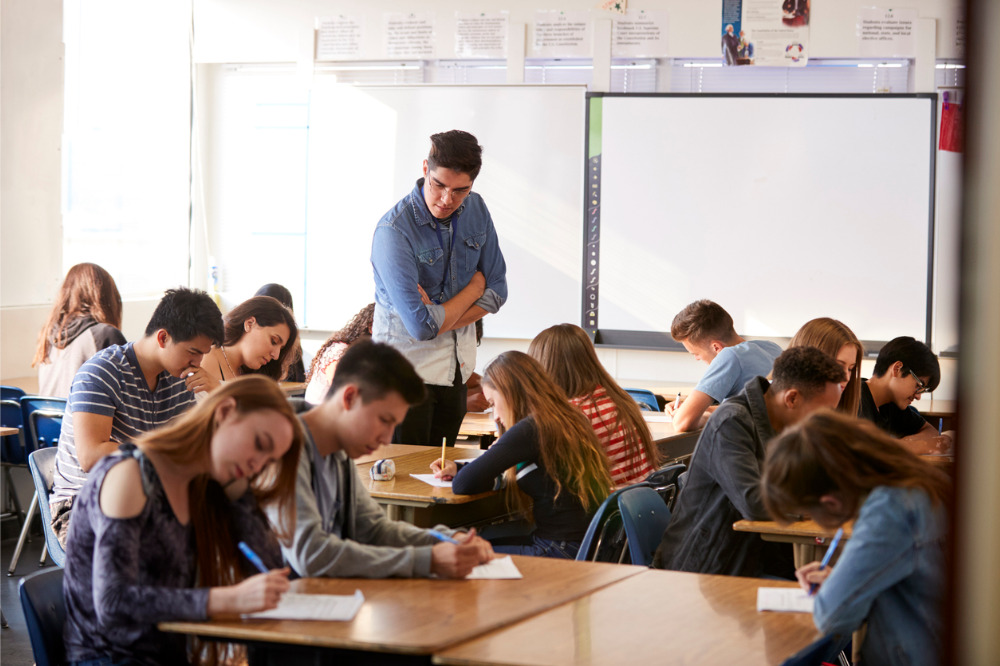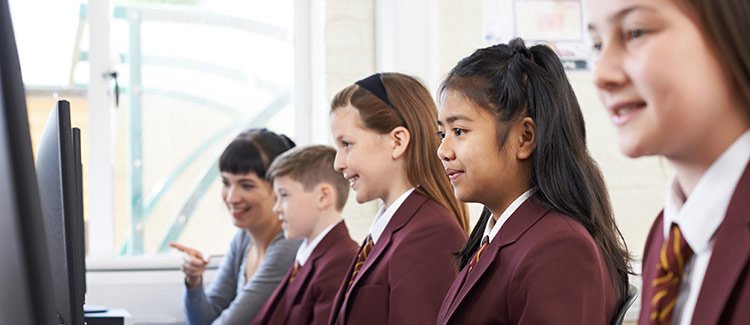Department of Education: Nurturing Educational Excellence and Equity
The Department of Education plays a pivotal role in shaping the educational landscape of a nation, ensuring access to quality education and fostering a culture of learning. In this article, we delve into the significance, functions, and impact of the Department of Education in advancing educational excellence and equity.

1. Ensuring Educational Equity
At the heart of the Department of Education’s mission is the promotion of educational equity. The department works to bridge gaps in access and opportunity, striving to ensure that every student, regardless of background or circumstance, has an equal chance to receive a quality education.
2. Policy Formulation and Implementation
The Department of Education is responsible for formulating and implementing educational policies that govern various aspects of the education system. These policies encompass curriculum standards, teacher training, student assessment, and more.
3. Allocation of Resources
Efficient allocation of resources is crucial for the effective functioning of an … Read more



